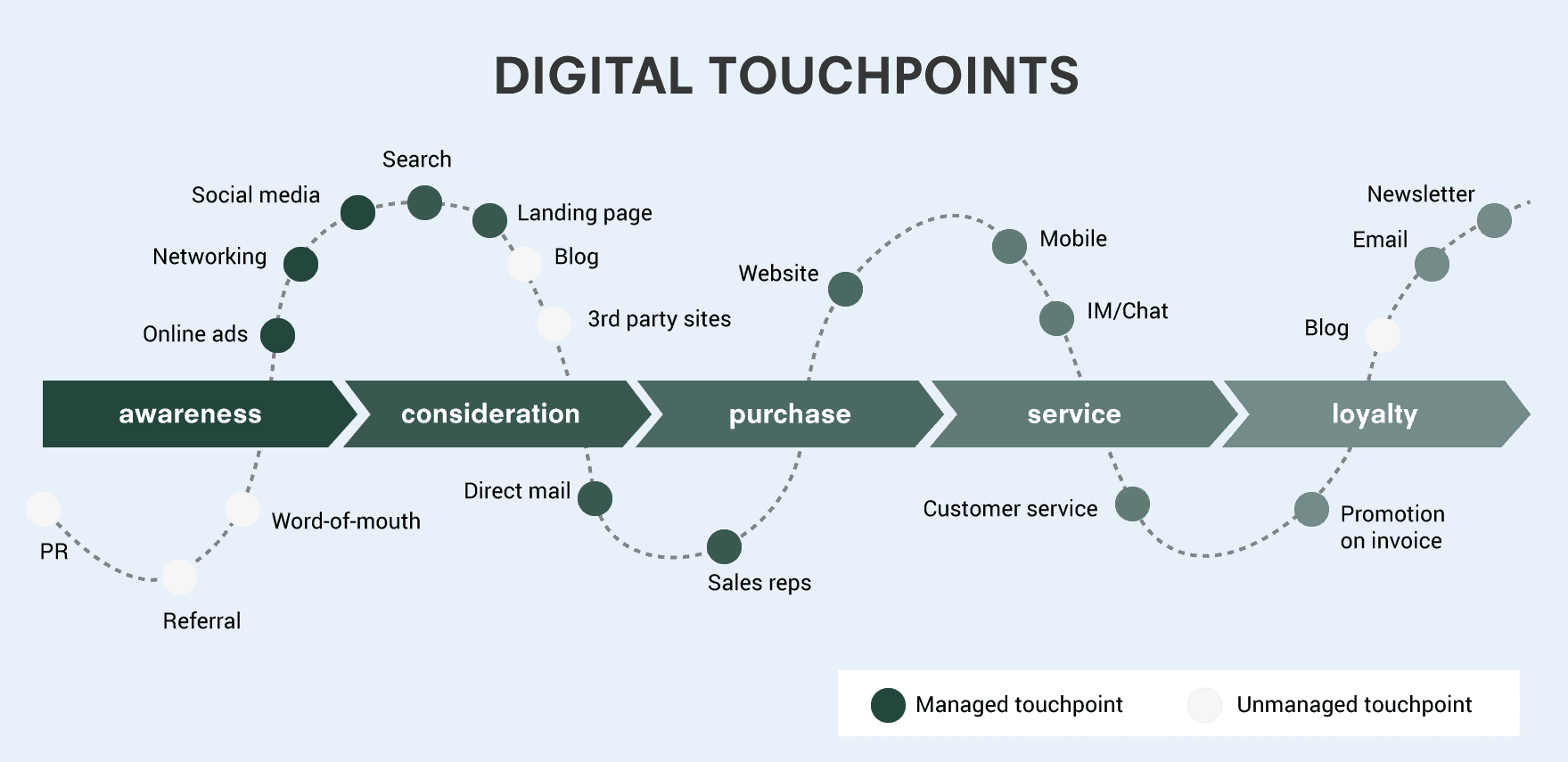Have you ever wondered if your Search Engine Optimisation (SEO) efforts are paying off? Evaluating your SEO efforts helps you determine what’s working, what’s not, and what steps you need to take to improve your website’s ranking on search engines.
But one of the biggest problems with digital marketing today (and it has been for some time) is the smoke and mirrors that go on, and SEO is the biggest culprit. To truly evaluate your SEO, you need to be clear on what ‘doing SEO’ means to identify whether the work will yield good or potentially harmful results for your business.
So, consider this your ultimate guide on how to evaluate your SEO work as a business owner.
The two fundamental steps to evaluating your SEO
1. Conduct Competitor Research
To ensure your SEO efforts are successful, you must first conduct competitor research to understand what you need to do to outperform them. This lets you plot the right long-term strategy to help prospective clients find and come to you over your competition. Most people, experts included, don’t start here, resulting in a scattered approach that is hard to measure.
Make no mistake: digital marketing, like business, is a competition. SEO is Google evaluating you compared to your competitors, so to ultimately win at SEO over the short-term and long-term, you need to do things better, faster, and simpler than your competitors.
2. Track the outcomes to your business
The ultimate litmus test for your SEO is whether you are increasing business outcomes. These include:
- Month-on-month increase in leads and revenue
- Month-on-month increase in visitors to your website
You’re generally on the right track if you’re seeing month-on-month growth. But if you’re not or want to know how effective your SEO efforts are, read on great explorer…
How to win at SEO
When you distil it down, SEO is a straightforward concept that is made up of three key objectives:
- Have a good website
- Produce great content that your target audience wants and needs
- Achieve the highest domain authority
It sounds easy enough, right? So, let’s look at how this can be achieved.
1. Have a good website
The first objective is to have a good website. It’s a simple concept, but it’s often overlooked or underutilised in a bid to save on costs. But the reality is that books are judged by their covers, and Google judges your business by the quality of your website.
Your website is your shopfront. It’s your primary marketing asset that drives and supports revenue – and you need to treat it as such and continually invest in it to ensure it is the best it can be. That means it should be evolving. Don’t just set and forget; frequently update your website to increase your results.
So we’re on the same page, here’s what makes a good website:
- Designed well and looks good
- Creates a clear user journey
- Contains high-quality, engaging, and insightful content
- Tells your story and sets you apart from competitors
- Includes lots of social proof that backs up your claims
- Has videos, , video and more video
A great question is, ‘Do potential clients and clients compliment us on our website?’ If the answer is yes, you’ve ticked that box (but keep working on it). If the answer is no, you’ve got some work to do.
2. Produce great content that your target audience wants and needs
Take a step back for a moment and look at why Google (and indeed any search engine) exists – it’s to classify and categorise the world’s information. So, when you type a question or phrase in the search box, it is the search engine’s job to provide you with the most authoritative, informative, accurate and complete information, ranking it from the top to the bottom.
This means that for every question, phrase, and topic of information your target market is searching for, they should be able to find it on your website.
So, how do you make sure your website has great content? Here are some tips:
- Get your foundational content right and make it engaging:
- Include information about you, your team, and your brand story – who are you, why are you here, what do you stand for, and what is the difference you are making?
- Ensure products and services are described well and clearly demonstrate how they solve the pressing problems of your target market.
- Include key Frequently Asked Questions (FAQs) to make it easy for your market to find the answers to their questions.
- Conduct keyword research to ensure that you produce content around key areas your market is searching for.
- When they ask, you answer. Collect every single question and objection and write content around it. It could be in your FAQ section, or it could inspire a web page, blog post or video.
- Topical and trending: start to be a thought leader in your space
- Exert authority! Pick an issue, problem, stance, or passion and go to war on it. Create a strong voice that your market can trust.
A few points on content:
- Developing a production cycle is critical – Set up a production cycle to ensure you can continually produce good content – consistency is key! In our case, I record my ideas for a content piece each Wednesday and send it to my marketing manager to transcribe and spruce. This then goes to our web developer for our blog and marketing coordinator for our EDM and socials. Ten minutes of my time produces great content every week.
- Prioritise quality over quantity – You don’t want quick, low-quality content. It has to be quality over quantity. Far too often, companies (and SEO agencies!) are producing low-quality content that doesn’t add value – and this will never work for you.
- Create an encyclopedia for your industry – Your ultimate goal should be to have a website that is the encyclopedia for your industry. It answers every conceivable question, has great tutorials and how-to guides, and includes lots of testimonials and reviews. Google will love this!
A good question regarding your content is, ‘How many organic visitors did you get last month from your blog articles?’ If your articles aren’t getting many visitors, they need to be better, or you’re not getting them out there enough!
3. Domain Authority
In its simplest form, domain authority refers to how important Google thinks your website is versus your competitors. While there are lots of theories about how Google evaluates this, the reality is that the more your business is found online by other important websites, the more of an authority you are.
A couple of points to note regarding domain authority:
- It needs to be quality over quantity – Getting an article in the Australian Financial Review, for example, is much more valuable than on ten small, low-ranking blogs.
- Keep increasing your links – It’s all about growth. You may have 50 links to your website – but look at how you can get 5-10 more monthly. Look at how you can get them from higher domain authority websites rather than lower ones. Utilise a tracking system to see how many new links you are building and how many are getting recognised by search engines.
- Remember it’s a competition – You need a higher domain authority website than your competitors. This comes with having more backlinks from higher-quality websites.
The key to evaluating your SEO – transparency!
If hiring an agency to ‘do SEO‘, you should know exactly what they are doing – and it should focus on the three key areas above. Far too many businesses are paying upwards of $1,500 a month for work done in the dark that may be making no difference to your search engine rankings. Make sure you are holding them to account. Transparency is key.
Evaluating your SEO is essential for every business owner looking to attract organic traffic and leads. Like any form of marketing, SEO is a continuous process, and by consistently evaluating and optimising your website, content, and domain authority, you can achieve higher search engine rankings and increased organic traffic over time.








